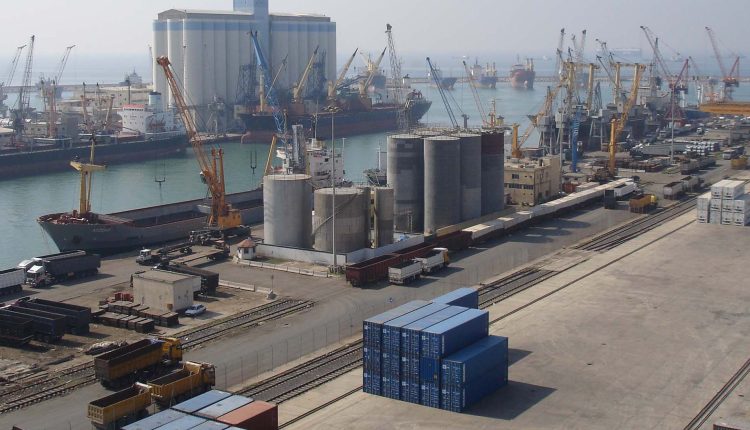Trump Administration to Ease Syria Sanctions with General Licenses, CNN Reports
By Kardo Roj
WASHINGTON, U.S. (North Press) – The administration of U.S. President Donald Trump is expected to issue general licenses aimed at easing economic restrictions on Syria, a move that could signal a shift in Washington’s approach to the war-torn country’s economic rehabilitation, CNN reported on Saturday.
Citing unnamed U.S. officials, the report stated that technical reviews are underway within the Treasury Department to pave the way for licenses that would permit broader economic engagement, including reconstruction-related activities previously restricted under U.S. sanctions.
These anticipated licenses are seen as part of a broader effort to revitalize Syria’s crippled economy, which has been severely impacted by over a decade of conflict, compounded by international sanctions and systemic collapse across key sectors.
According to CNN, the proposed general licenses would enable a range of economic transactions currently barred under existing sanctions, including exports and investments aimed at rebuilding critical infrastructure. The Trump administration is reportedly framing the move as a step toward alleviating humanitarian pressures while incentivizing stability in Syria.
The decision, announced in principle during President Trump’s appearance in Riyadh earlier this month, marks a significant policy adjustment, particularly in light of past U.S. positions that linked sanctions relief to political transition benchmarks set forth under UN Security Council Resolution 2254.
Officials quoted in the report emphasized that the licensing process would be implemented in stages, beginning with the authorization of exports related to energy, construction, and telecommunications—sectors essential to Syria’s recovery.
The Treasury Department has yet to release the full list of eligible activities or recipients under the planned licensing framework.
In northeast Syria, regions governed by the Autonomous Administration of North and East Syria (AANES), economic revitalization has long been hindered by sanctions that restrict access to international markets and materials critical to infrastructure repair. Local officials have often called for more targeted sanctions relief that would empower community-led reconstruction and stabilize local economies.
The reported U.S. move comes as regional powers, including Gulf states and Jordan, seek greater engagement with Syria, citing shared interests in refugee repatriation, border security, and counterterrorism. At the same time, humanitarian agencies have repeatedly warned that blanket sanctions risk undermining civilian livelihoods, especially in areas already suffering from high displacement, inflation, and resource scarcity.
In northeast Syria, the Kurdish-led Syrian Democratic Forces (SDF) and the AANES have stressed the need for sustainable economic partnerships and foreign investment to consolidate gains made against the Islamic State (ISIS) and foster long-term peace. While the region continues to rely heavily on international humanitarian aid, efforts to transition toward development-oriented funding remain constrained by sanctions and limited international recognition.

